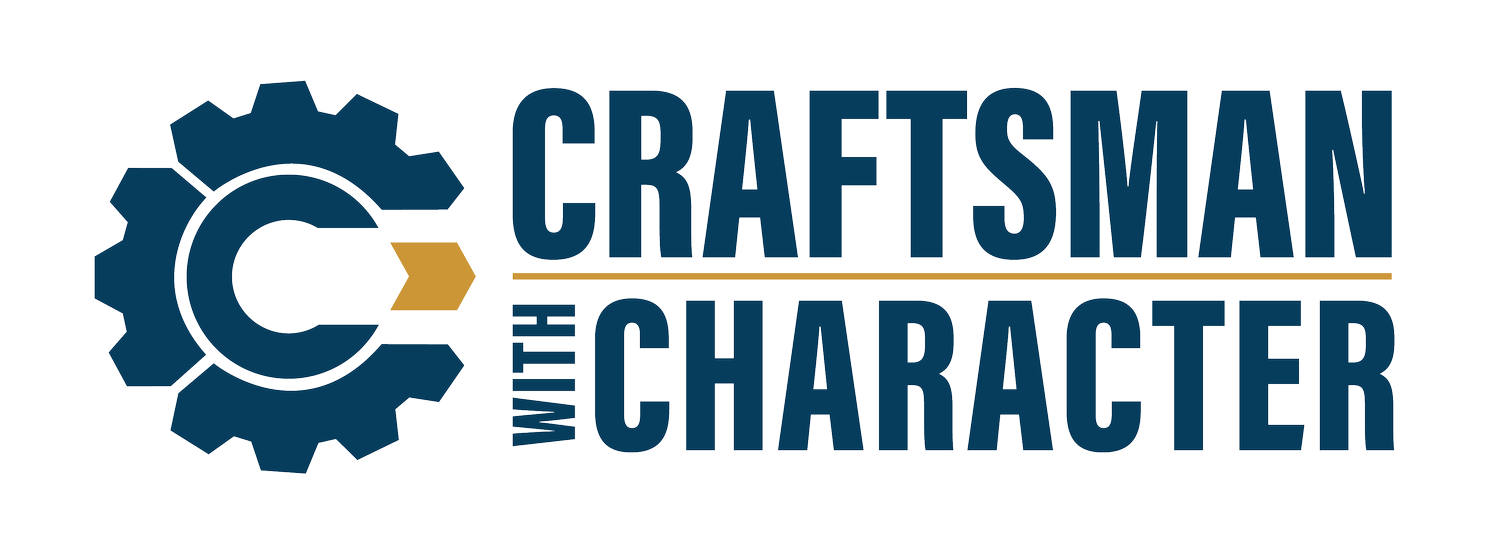Wall Street Journal Letter to the editor
Our founder, Dave Hataj, wrote a letter to the WSJ editor following an article published about young men falling behind. Dave’s letter is in full, below. Read the snippet of the letter on WSJ here.
Good Afternoon,
I simply want to say “Bravo!”to your article today by Rachael Wolfe. You absolutely nailed the dilemma faced by too many of our young men. I’ve been working on this issue for close to two decades.
As a father of three grown boys and a second-generation owner of a small manufacturing business in a small rural city in Wisconsin, I’ve seen the scenario you describe play out over and over. High school students have been repeatedly told they must get a university degree, and yet the reality is that the majority of these students, especially male students, have little interest, academic skills, or the means to attend most universities. But many of these young men are brilliant in their own ways as tacit learners, kids who are mechanically and/or tech savvy, who can tear apart engines and put them back together, who can build houses, do electrical work, HVAC, plumbing, and many manufacturing jobs that don’t require a 4-year university degree. But we ignore them and often send the message they are inferior and second-class citizens because they aren’t book smart. The reality is our modern civilization would not exist without these wonderfully talented craftsmen who faithfully go to work each day, supplying necessities and luxuries we all take for granted.
11 years ago, when faced with a critical shortage of quality machinists coming into the workforce that has an aging demographic like most industries in the trades and manufacturing, I ended up developing a course called Craftsman with Character® to introduce our high school students to career opportunities in our local community. The emphasis is on exactly what you mention in your article: encaminado: making sure your children are on the path to an independent adulthood. The results have been nothing short of transformative for our business and students as these students discover purpose and a path forward of where they fit. We’ve had ‘D’ students who are now some of our best employees and leaders. They just needed a chance and someone to believe in them. We were so successful, we shared it with other communities, who had the same success, to the point of the U.S. Navy has discovered us and want our program to spread across the nation.
Perhaps the greatest solution to the crisis of these young people can be found in the tens of thousands of manufacturing and skilled trades businesses across the U.S. If we have the mindset of cultivating mentoring cultures within our businesses, opening our doors and hearts to the next generation, our future can be more impactful and hopeful than we can imagine.
Thanks for drawing attention to this national issue.
Dave
